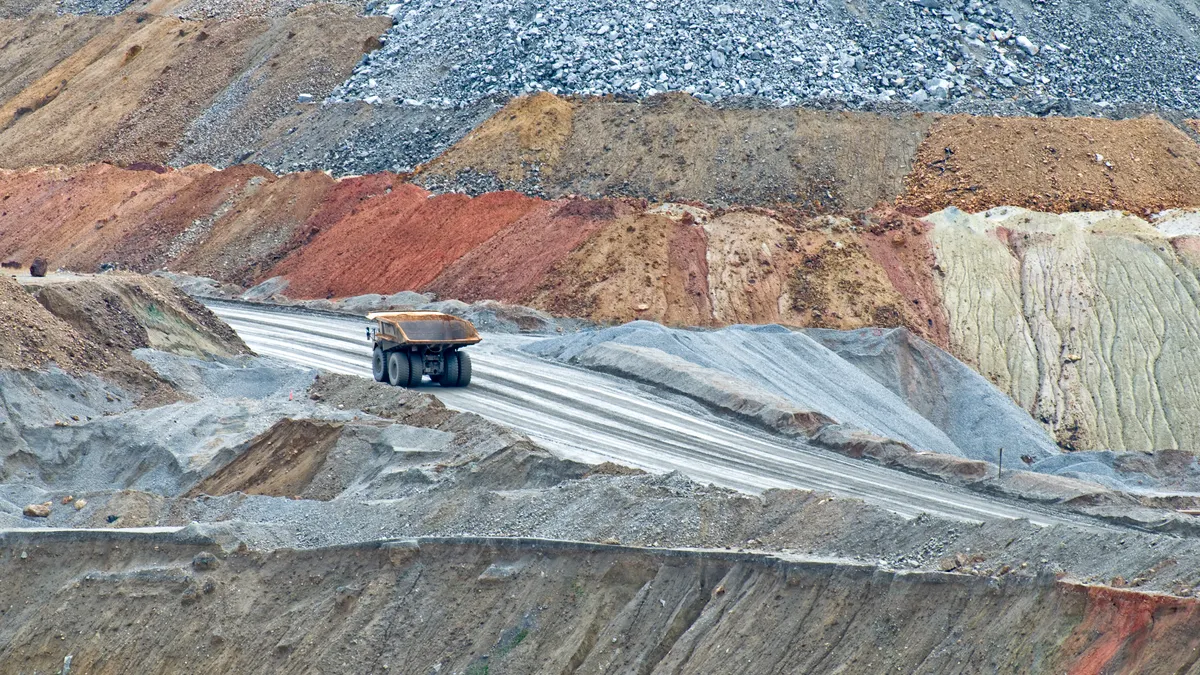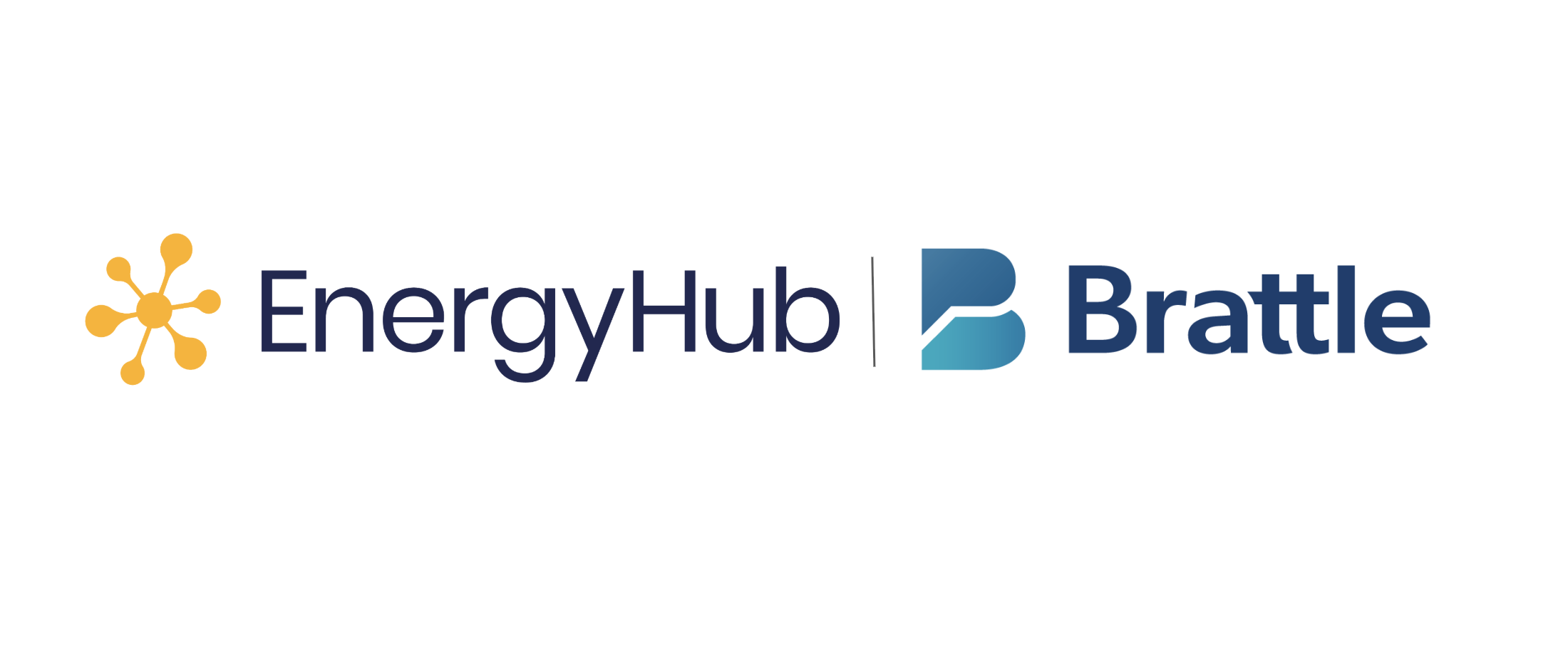Heather Reams is president of Citizens for Responsible Energy Solutions.
China dominates the global critical mineral supply chain threatening the United States’ national security and goal of energy dominance. Last year, China mined 270,000 metric tons of rare earth elements, which comprises over two-thirds of global rare earth production. China also controls nearly 90% of global refining capacity. This is why President Trump’s Executive Order 14241 underscores a key challenge facing America’s economic and national security: the United States' dependence on foreign critical minerals sourced largely from overseas, particularly from China.
To be specific, lithium, cobalt, graphite and rare earth elements — all crucial for batteries powering electric vehicles and renewable energy systems — flow largely through China’s processing facilities, creating a troubling strategic vulnerability. This makes the administration’s call for a robust domestic critical mineral supply chain not mere politics — it's a strategic national and economic security imperative in the age of increasing geopolitical competition, surging energy demand and artificial intelligence.
However, an important question to ask ourselves is why America outsources almost all mineral needs to adversarial nations such as China. The answer lies in red tape, decades of underinvestment and regulatory delays amidst global market dynamics. These factors lead us to rely heavily on imports, often from geopolitically risky sources. Even when the United States does extract its own minerals, most are sent to China to be refined. That means America’s own vast and abundant mineral resources — cobalt in Missouri, antimony in Idaho, lithium in Nevada, Arkansas and Maine — are left untapped and unused.
There is some good news: the Advanced Manufacturing Production Tax Credit, known as 45X, is a powerful policy lever created to strengthen our domestic critical minerals industry. 45X accelerates American refining and processing of critical minerals. Crucially, these tax credits are designed with “transferability,” which enables smaller companies — those pioneering new mineral extraction and refining technologies — to immediately monetize credits by selling them to third parties. Having the ability to transfer tax credits unlocks essential capital for innovation and rapid expansion, resulting in an outsized impact to advance our domestic critical minerals market.
Recent data shows that more than 50% of the market for transferring credits was used for 45X in the second half of 2024. And for smaller companies who focus on lithium processing or graphite refining, they can now turn future tax credits into upfront funds, fueling immediate expansion of capacity right here at home.
Going forward, we must preserve 45X to accelerate American mineral independence, and we can capitalize on the Administration’s focus on this critical issue. Policies like 45X and the transferability provision that support domestic mineral security shouldn't be a partisan issue — they're essential for our economic future.
As Congress continues working through reconciliation, we are at a critical moment with a historic opportunity to reassert American industrial strength, safeguard national security and power a cleaner technologically competitive future. America’s critical mineral moment has arrived. Let's seize it and let’s make smart policy decisions.













